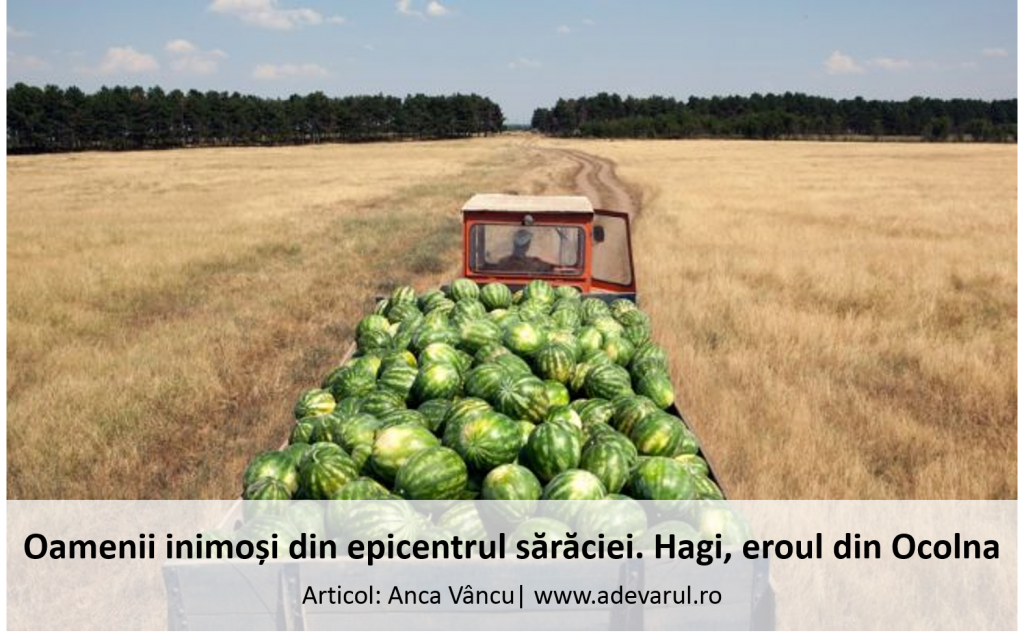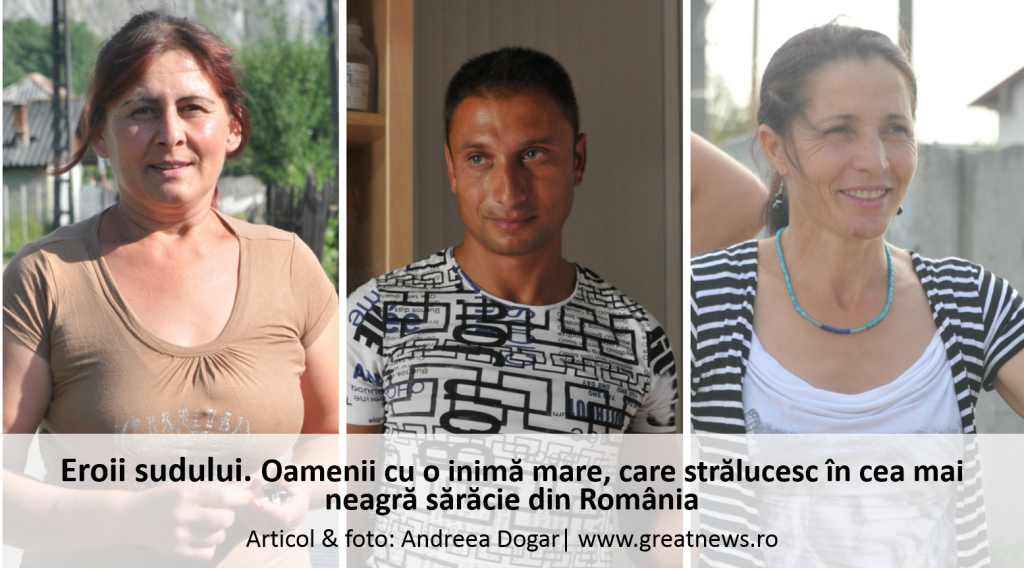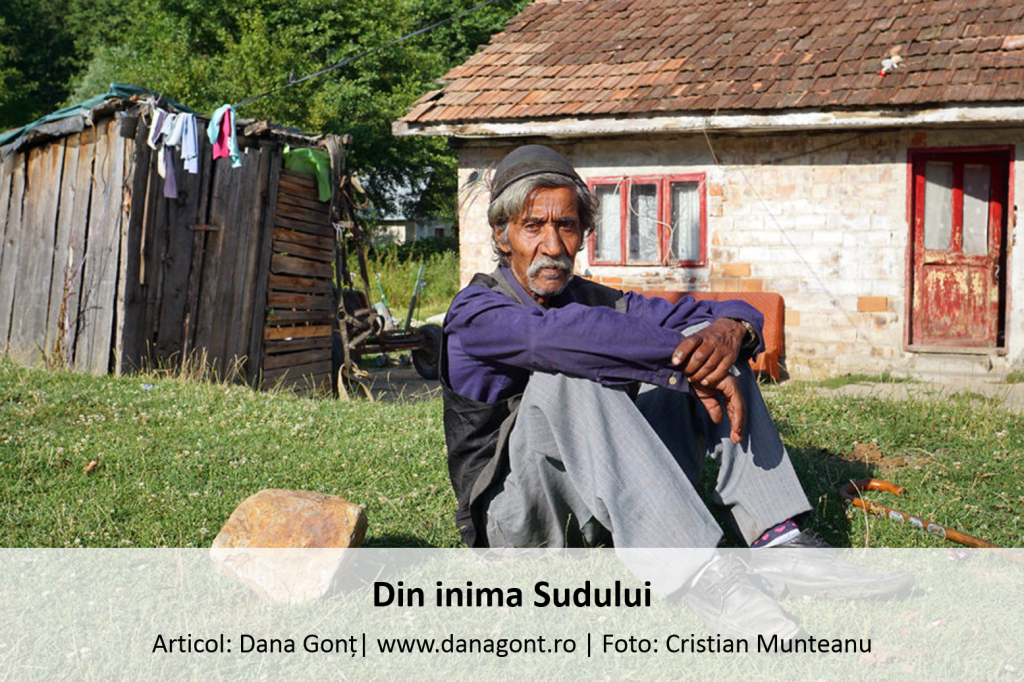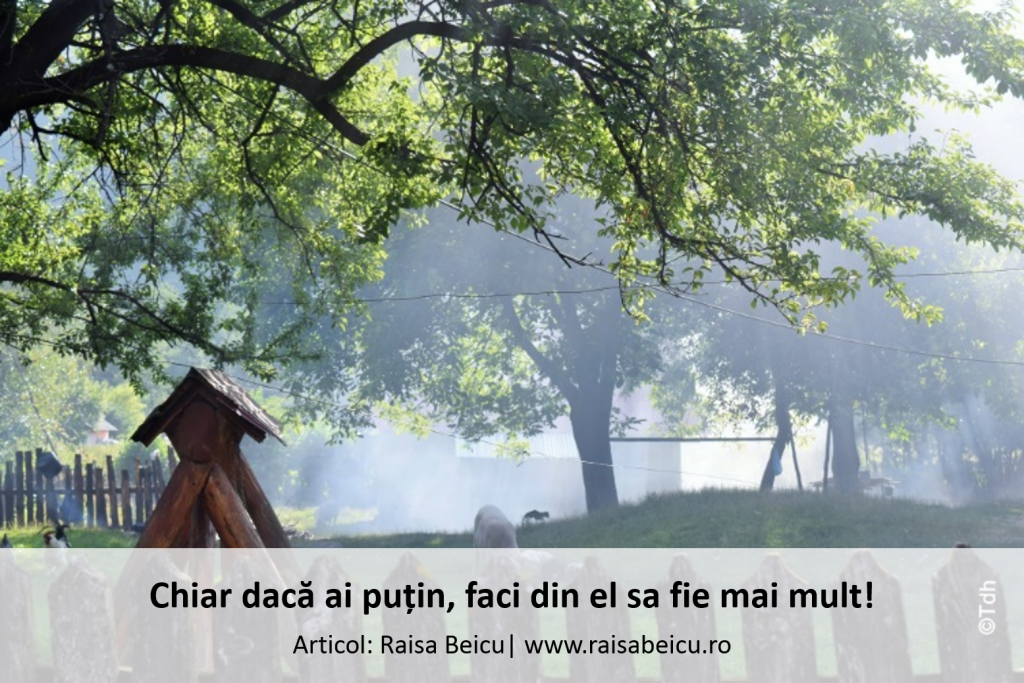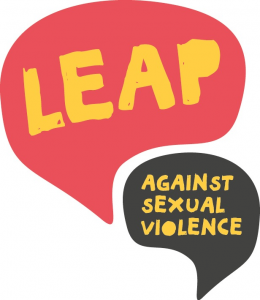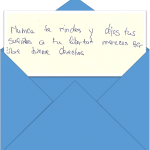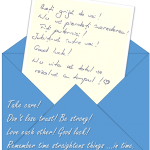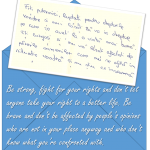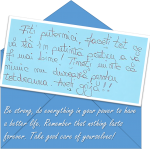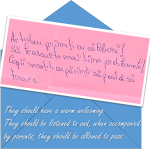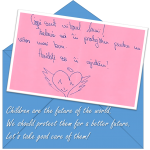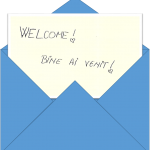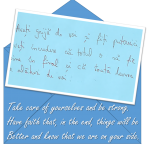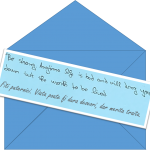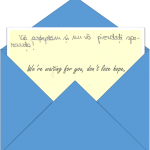Wednesday, June 22nd, in Bucharest, 13 young people from Technology High School “Dimitrie Gusti” and Secondary School “George Calinescu” consulted 18 “living books” that were available to them as part of a “living library” workshop, organized by Terre des hommes Romania within the Right(s) Court for Children (RCC) project.
Whereas the young people participate in RCC mainly to develop an online simulation game that promotes child-friendly judicial and prevention procedures, they also wanted to understand how they can protect themselves from becoming victims and what are their rights in relation to the law – an expectation which was easily fulfilled in the framework of Tdh’s workshop, organized at Impact Hub Bucharest for this very purpose.

“Human Library” is a non-formal learning method, operating in a way that’s very similar to the every-day library: readers borrow “books” (experts in child protection services) for a limited period of time and they “read it” by asking different questions in their area of interest.
The “living books” opened by youngsters throughout the workshop were of the finest: Ms. Laura Andrei, president of the Bucharest Tribunal; Ms. Gratiela Vaduva, chief commissioner at Capital Police; Mrs. Helen Sipos, chief commissioner at Institute for Research and Crime Prevention/IGPR; Mr. Gabriel Mihalcea, IGPR; Mrs. Ioana Nedelcu, senior advisor to ANPDCA; Mrs. Sorina Chivoiu, chief at Pinocchio Complex of Social Services, DGASPC, sector 1; Ms Cristina Moldoveanu, special inspector DGASPC, sector 2; Mrs. Irina Succession, senior inspector, DGASPC 6; Mrs. Megdonia Paunescu, adviser to Ministry of National Education and Scientific Research; Mrs. Alexandra Lancranjan, prosecutor DPP; Soriana Mrs. Constantinescu, mediator at Global Mediator; Ms. Mihaela Olaru, Bucharest Bar; Ms. Tamara Manatu, civic education teacher at Secondary School Nr. 148; Mrs. Ioana Marin, lawyer at Association for Justice Romania; Faur Mrs. Andreea, Bucharest Probation Service; Mrs. Ionela Visan, school counselor at “Dimitri Gusti” Technology High School; Mrs. Claudia Stefan, school counselor at Secondary School “George Calinescu”; Mrs. Carmen Fiscuci, Babes Bolyai University.
Being very happy to have had this opportunity, the young readers have actively participated in the dialogue, often surprising their “books” with the questions they’ve address to them. For example, the youngsters wanted to know: “Why isn’t there a family lawyer, as there are family doctors?”, “What is the difference between theft and robbery?”, “What happens when two children play and one of them is hit severely?”, “What if I want to be assigned to another parent?”.
 All answered questions were recorded on a lecture form and then debated in plenary to allow a common reflection on the findings. Towards the end of the workshop, young people and experts discussed the types of situations that should be included in the game, how game scenarios can be constructed, as well as how to promote the final product.
All answered questions were recorded on a lecture form and then debated in plenary to allow a common reflection on the findings. Towards the end of the workshop, young people and experts discussed the types of situations that should be included in the game, how game scenarios can be constructed, as well as how to promote the final product.
 “Readers” and “living books” alike have agreed that the game should be organized by level of difficulty, giving players the opportunity to opt out from conflict situations, while showing them the potential consequences of each decision. Everyone acclaimed the suggestion that, at the very last level of the game, children would have the opportunity to experience the role of experts, thereby becoming defenders of the law and advocates for children’s rights.
“Readers” and “living books” alike have agreed that the game should be organized by level of difficulty, giving players the opportunity to opt out from conflict situations, while showing them the potential consequences of each decision. Everyone acclaimed the suggestion that, at the very last level of the game, children would have the opportunity to experience the role of experts, thereby becoming defenders of the law and advocates for children’s rights.
Particularly rich in ideas, the workshop organized by Tdh in June 22 allowed all participants – young people, experts, project team – to clarify their vision of their common purpose and to open new pathways for its enactment.
***
 Right(s) Court for Children is a project funded by the European Commission (JUST / 2014 / Action Grants), in which six transnational partners – Terre des Hommes Lausanne Hungary (project promoter), the National Network for Children in Bulgaria, Brave Phone Croatia, Terre des hommes Italy, Terre des hommes Romania and Victim Support UK – aim to create an online game simulation that will enable children and young people to be better informed of their rights during various legal proceedings in civil, administrative and criminal cases. The game will be conceptualized and adapted to the specificities of each partner country, benefiting from expertise of national specialists and will support young future users to become aware of their rights and obligations, empowering them to use this know-how against riskfull situations.
Right(s) Court for Children is a project funded by the European Commission (JUST / 2014 / Action Grants), in which six transnational partners – Terre des Hommes Lausanne Hungary (project promoter), the National Network for Children in Bulgaria, Brave Phone Croatia, Terre des hommes Italy, Terre des hommes Romania and Victim Support UK – aim to create an online game simulation that will enable children and young people to be better informed of their rights during various legal proceedings in civil, administrative and criminal cases. The game will be conceptualized and adapted to the specificities of each partner country, benefiting from expertise of national specialists and will support young future users to become aware of their rights and obligations, empowering them to use this know-how against riskfull situations.
 Imagine you are the Children’s Ambassador today. Imagine that you have great political power, know many influential people, your voice is heard all across the world. How would you use this chance to make a better world for the children? What would be the first thing on your agenda?
Imagine you are the Children’s Ambassador today. Imagine that you have great political power, know many influential people, your voice is heard all across the world. How would you use this chance to make a better world for the children? What would be the first thing on your agenda?
